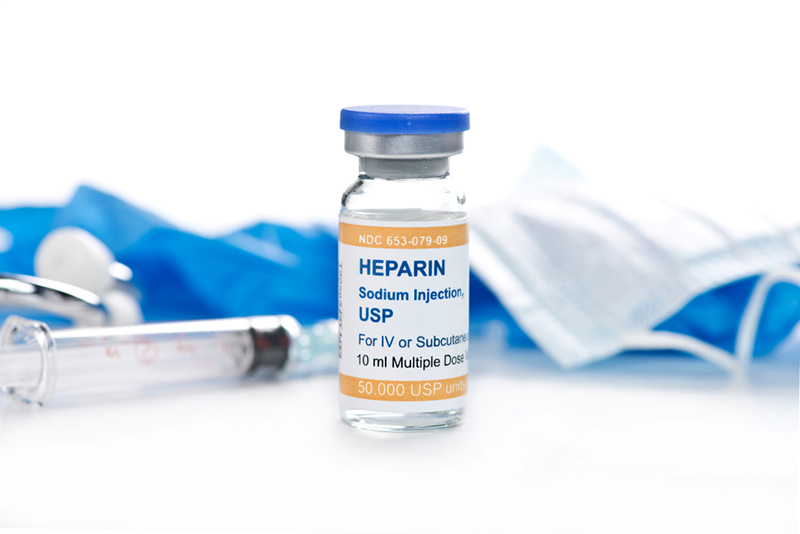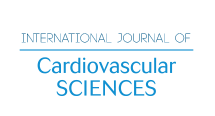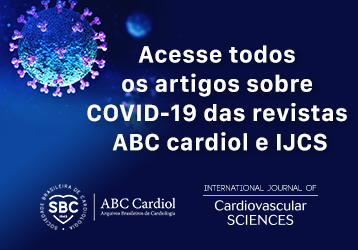Volume 33, Nº 3, Maio e Junho 2020
DOI: https://doi.org/10.36660/ijcs.20190043
ARTIGO ORIGINAL
A Retrospective Study on Unfractionated Bovine Heparin Safety in On-Pump Cardiac Surgery
Fernando Antonio de Lima Torres
Andressa C. B. Torres
Allinson Ribeiro
Cauê O. Maia
Fernanda P. Almeida
João Roceto
Jorge A. Matkovski
Matheus G. Kovalski
Vanessa A. Pizato
Tatiana M. G. Cordeiro

Abstract
Background: Heparin decreases the risks of thrombotic phenomena in extracorporeal circulation. However, it must present a robust safety profile itself, especially for bleeding. Contamination of porcine heparin demands na alternative source and consequent assessment of safety.
Objective: To evaluate the safety of unfractionated bovine heparin during on-pump cardiac surgery.
Methods: Descriptive, retrospective study, evaluating medical records from all patients who had on-pump cardiac surgery over four years. We observed the occurrence of bleeding, thrombocytopenia, postoperative vasoplegia, activated clotting time values and any other coagulation phenomena as safety profile parameters.
Results: We evaluated 204 medical records reporting the use of unfractionated bovine heparin. 66.18% of the patients presented thrombocytopenia, 1.04% presented bleeding of more than 2000 mL in the first 24 hours of the postoperative period. One patient presented clots in the surgical field. Median activated clotting time was 137 seconds at baseline, 803 seconds after the first dose of heparin and, after protamine, it returns to similar baseline values, that is, 149.5 seconds.
Conclusion: Unfractionated bovine heparin did not present unusual adverse effects and can be considered safe for on-pump cardiac surgery. (Int J Cardiovasc Sci. 2020; 33(3):235-242)
Keywords: Blood Coagulation Tests; Heparin/analysis, Heparin/chemistry, Heparin/standards; Cardiac Surgery; Safety; Extracorporeal, Circulation.











